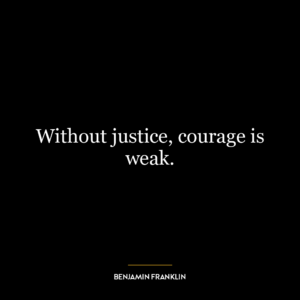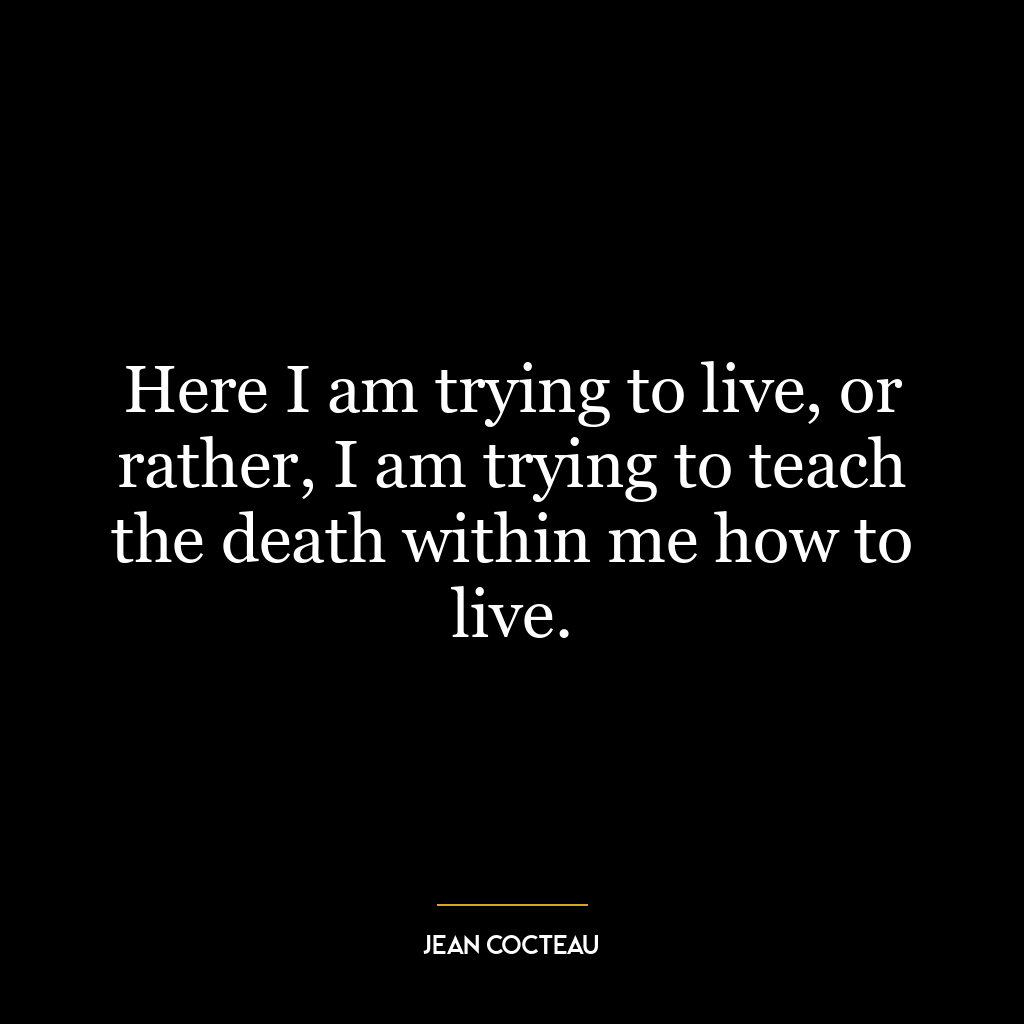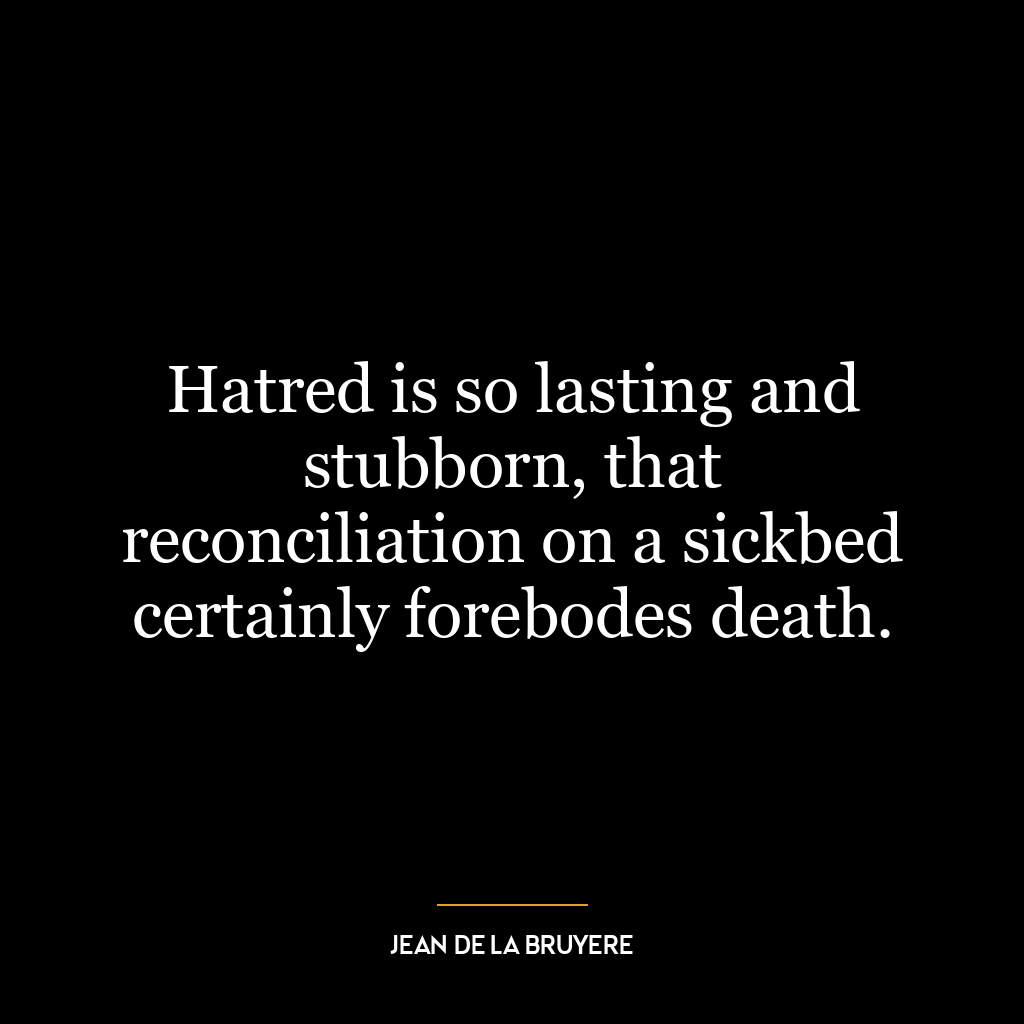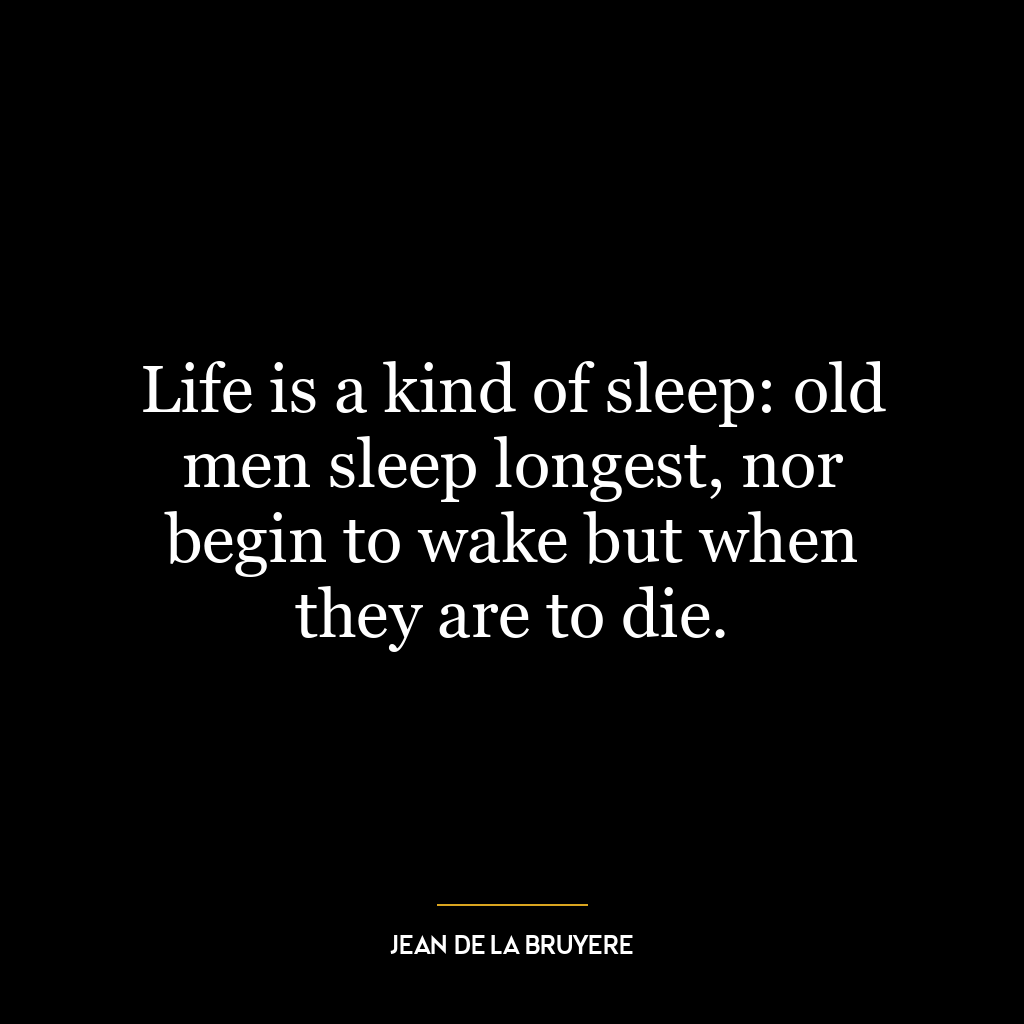The only things of certainty are Death and Taxes.
This quote underscores the inevitability of death and taxes, two aspects of life that no one can escape from. It is a reminder that despite all the uncertainties in life, these two elements remain constant. It suggests that life is filled with unpredictable events, but death and taxes are certainties that we must all face.
In terms of death, it is a universal truth that every living being will eventually die. It is a part of the natural cycle of life, an end point that every person will reach, regardless of their wealth, status, or power. In this sense, death is the ultimate equalizer, reminding us of our shared human condition and the ephemeral nature of life.
Taxes, on the other hand, represent a societal and economic inevitability. As long as we live in a structured society, we are bound by the obligation to contribute to its upkeep. Taxes are a means of ensuring that public services, infrastructure, and other societal needs are met. They symbolize our collective responsibility towards the society we live in, and like death, are an inescapable part of our lives.
In today’s world, this idea is still very much relevant. Despite advancements in technology and medicine, death remains a certainty. And despite various economic models and tax reforms, the obligation to pay taxes persists. It reminds us to focus on what we can control, to live our lives to the fullest, and to fulfill our responsibilities.
In terms of personal development, the quote can be seen as a call to action to embrace the inevitability of change and uncertainty. It encourages us to accept the things we cannot change, like death and taxes, and instead focus on the things we can influence. It prompts us to invest our time and energy into our personal growth, relationships, and contributions to society. It can also serve as a reminder to plan for the future, whether it’s preparing for financial obligations like taxes or contemplating our mortality and the legacy we want to leave behind.













